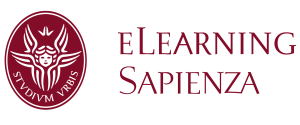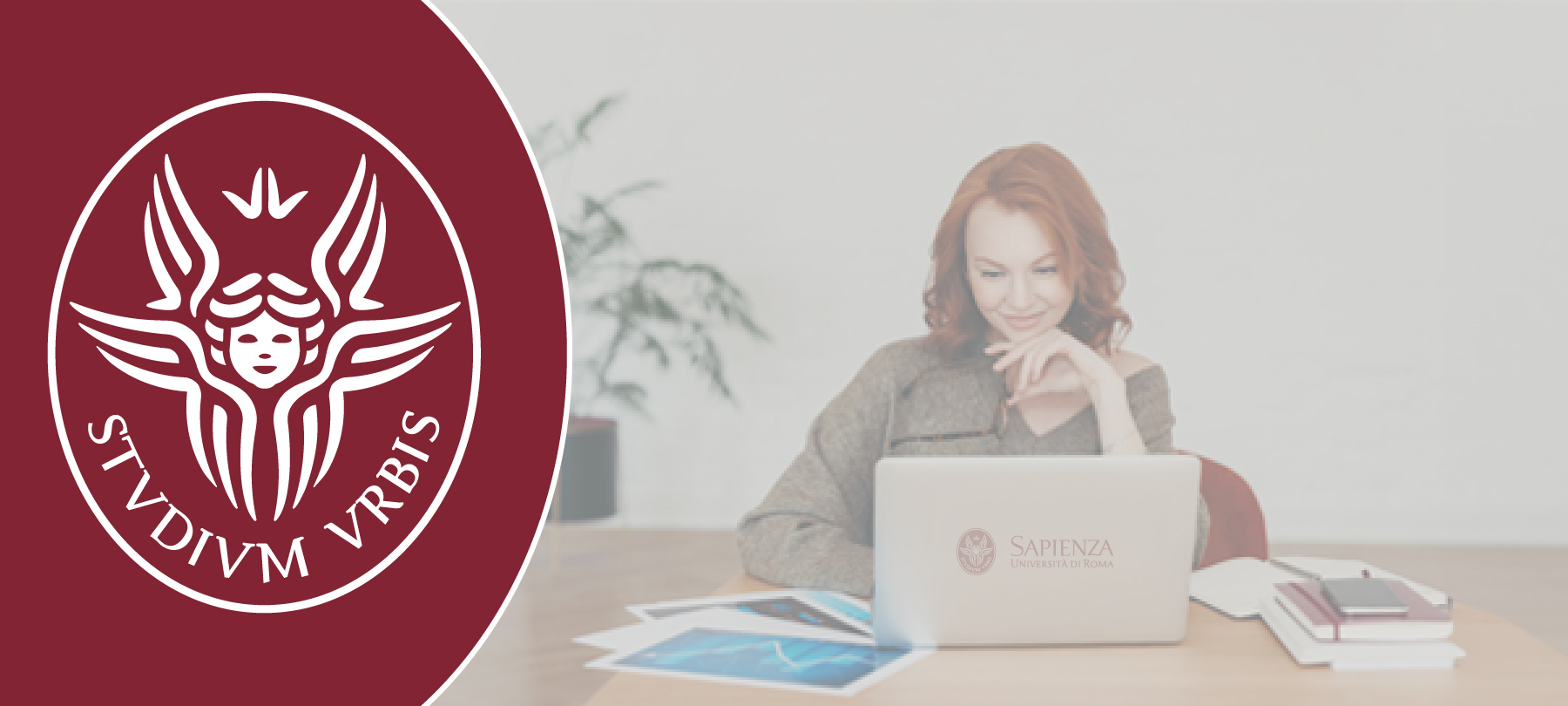A good definition of lifelong learning could be the continuous upgrading of our knowledges and skills which lasts our entire life and which helps us to adapt to the evolving world. It is evident, in order to live in a complex world like ours, full of different actors, situations, conditions and opinions, the importance of being able to behave correctly in each context.
It is needless to say that this culture can’t be provided only by the primary schools neither by academic studies, but it is funded on a large amount of daily experiences and relations. Because of its own definition, lifelong learning does not exclude people of any age: when we think on how to prepare people for it, we do not have to forget anyone.
Even if the idea of “lifelong learning” has been promoted in a view of improving the work efficiency through an increase of personal versatility, it can have a sensible impact in the construction of social relations. In fact, the assumption that we can learn from the environment we live in could be the base for creating groups and occasions of exchange within, for example, a neighbourhood. This would allow people to learn from each other, while also contributing to reduce generational gaps; in addition to this, people would tend to search, in the groups before mentioned, the kind of relations which fit them most, i.e. to create their personal culture, which is one of main purposes of lifelong learning programmes.

